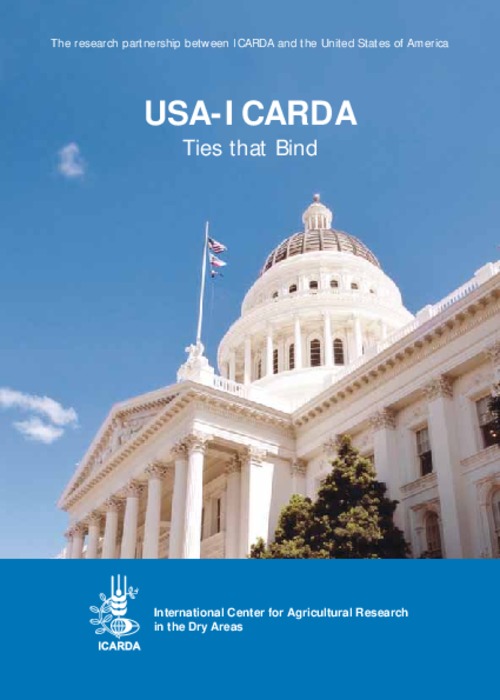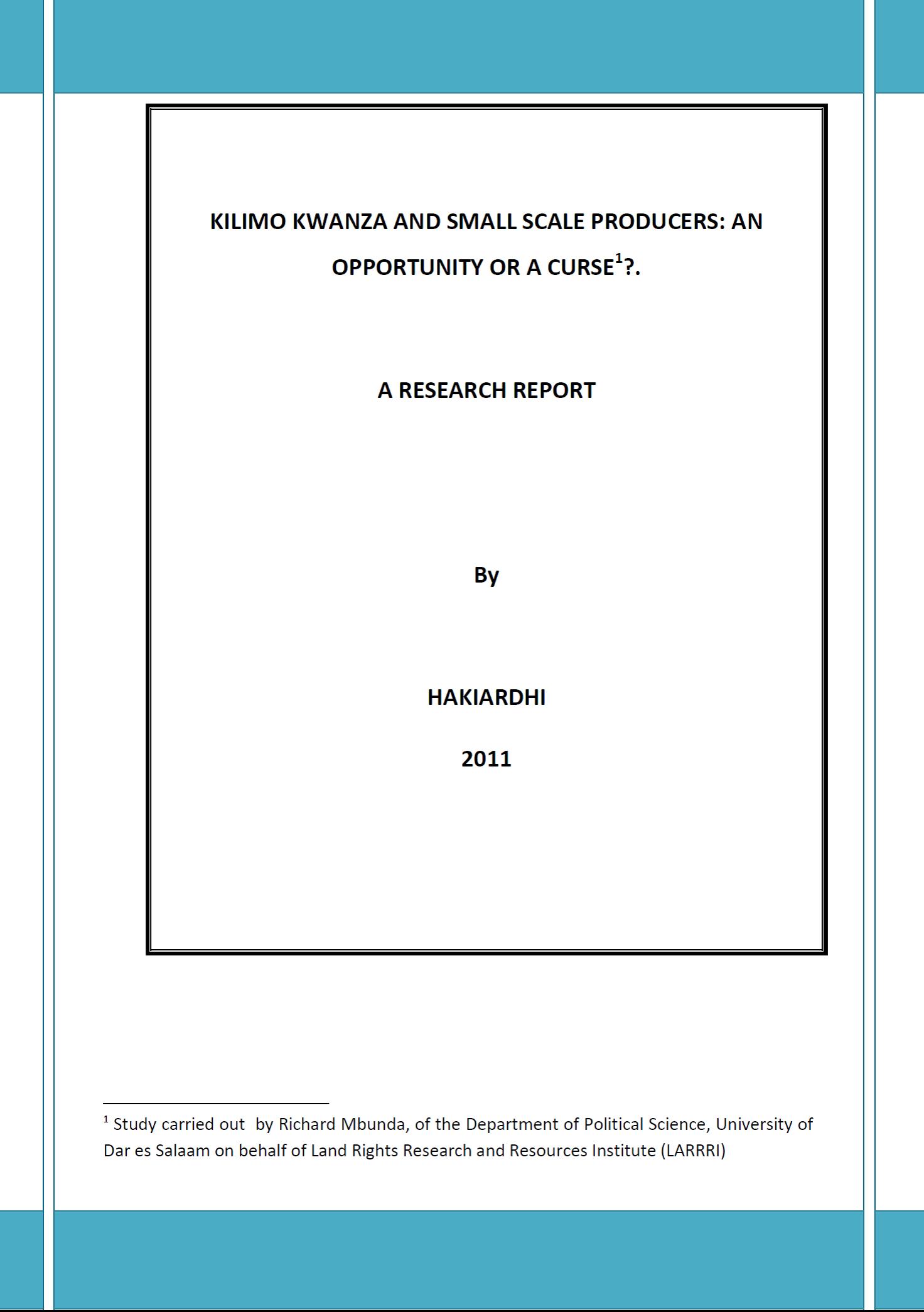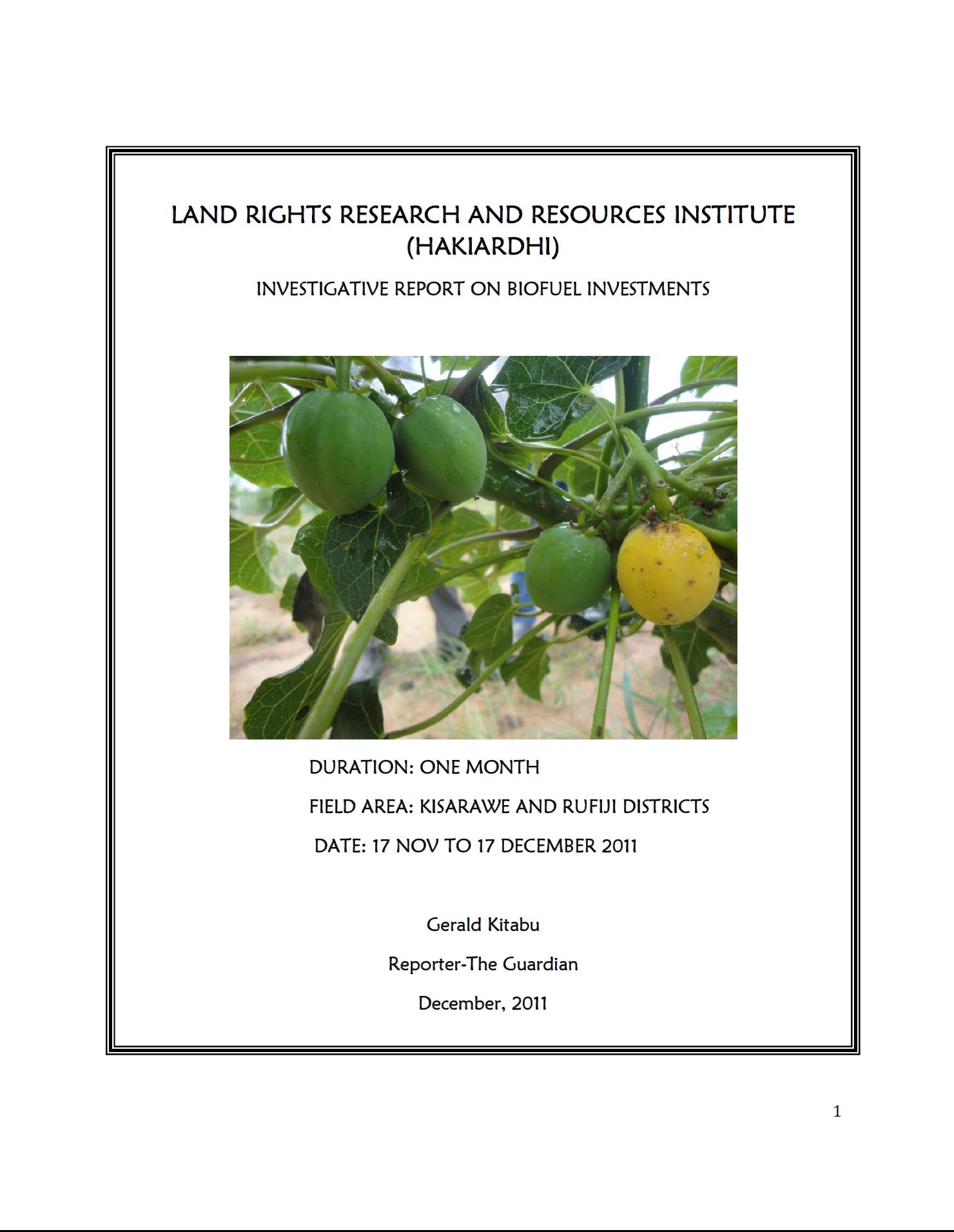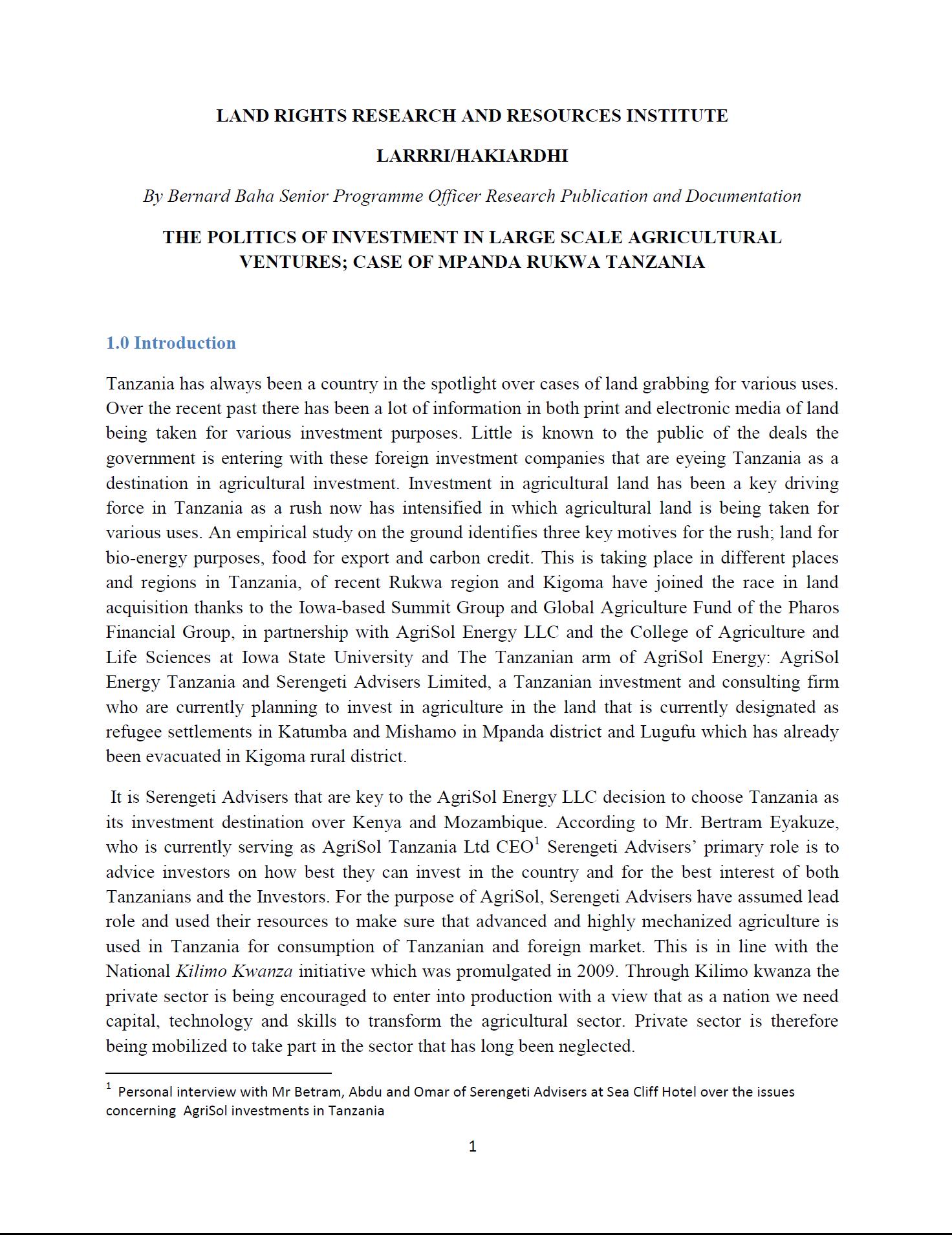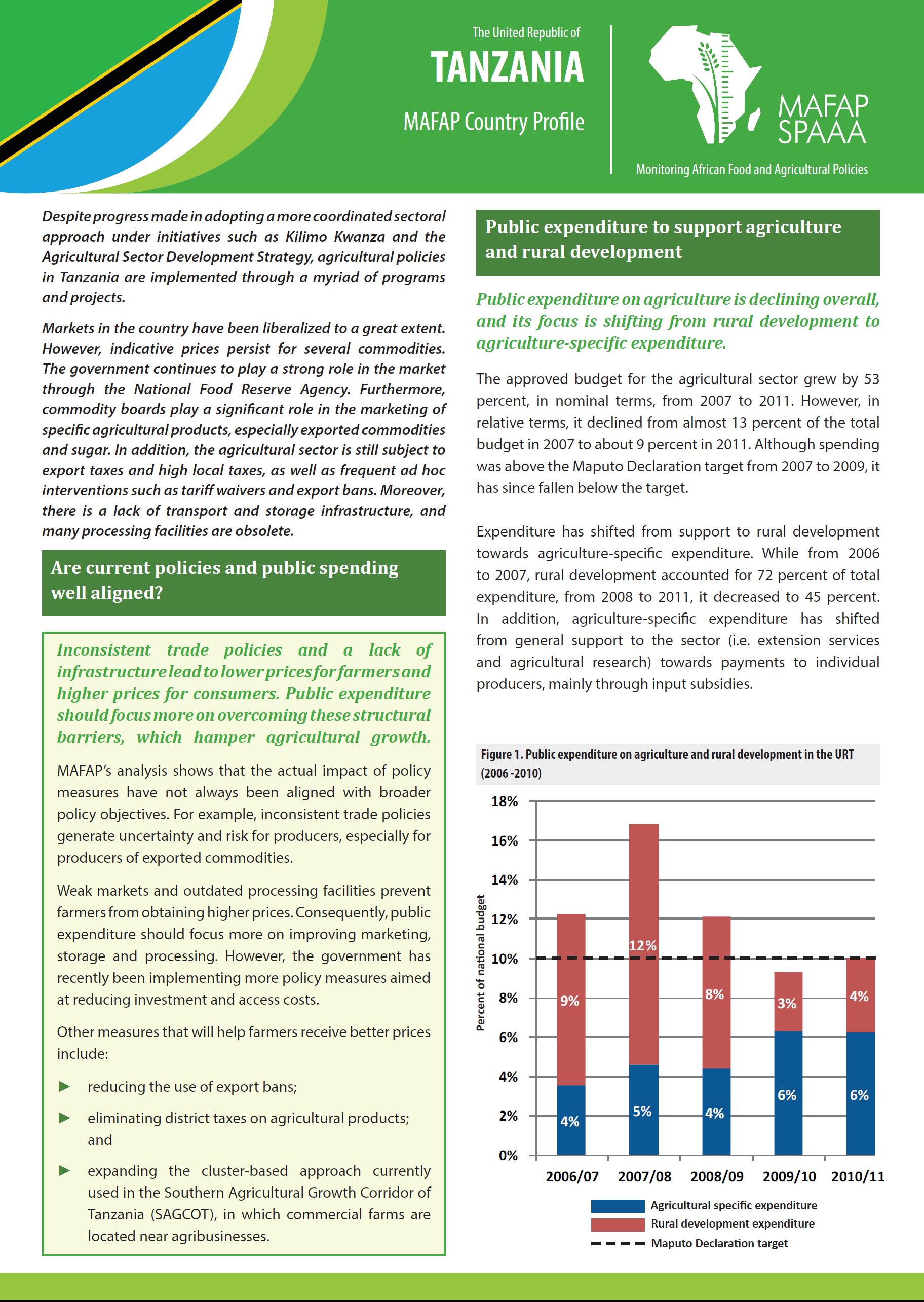Large-Scale Modelling of Global Food Security and Adaptation under Crop Yield Uncertainty
Concerns about future food security in the face of volatile and potentially lower yields due to climate change have been at the heart of recent discussions on adaptation strategies in the agricultural sector. While there are a variety of studies trying to quantify the impact of climate change on yields, some of that literature also acknowledges the fact that these estimates are subject to substantial uncertainty. The question arises how such uncertainty will affect decision-making if ensuring food security is an explicit objective.


